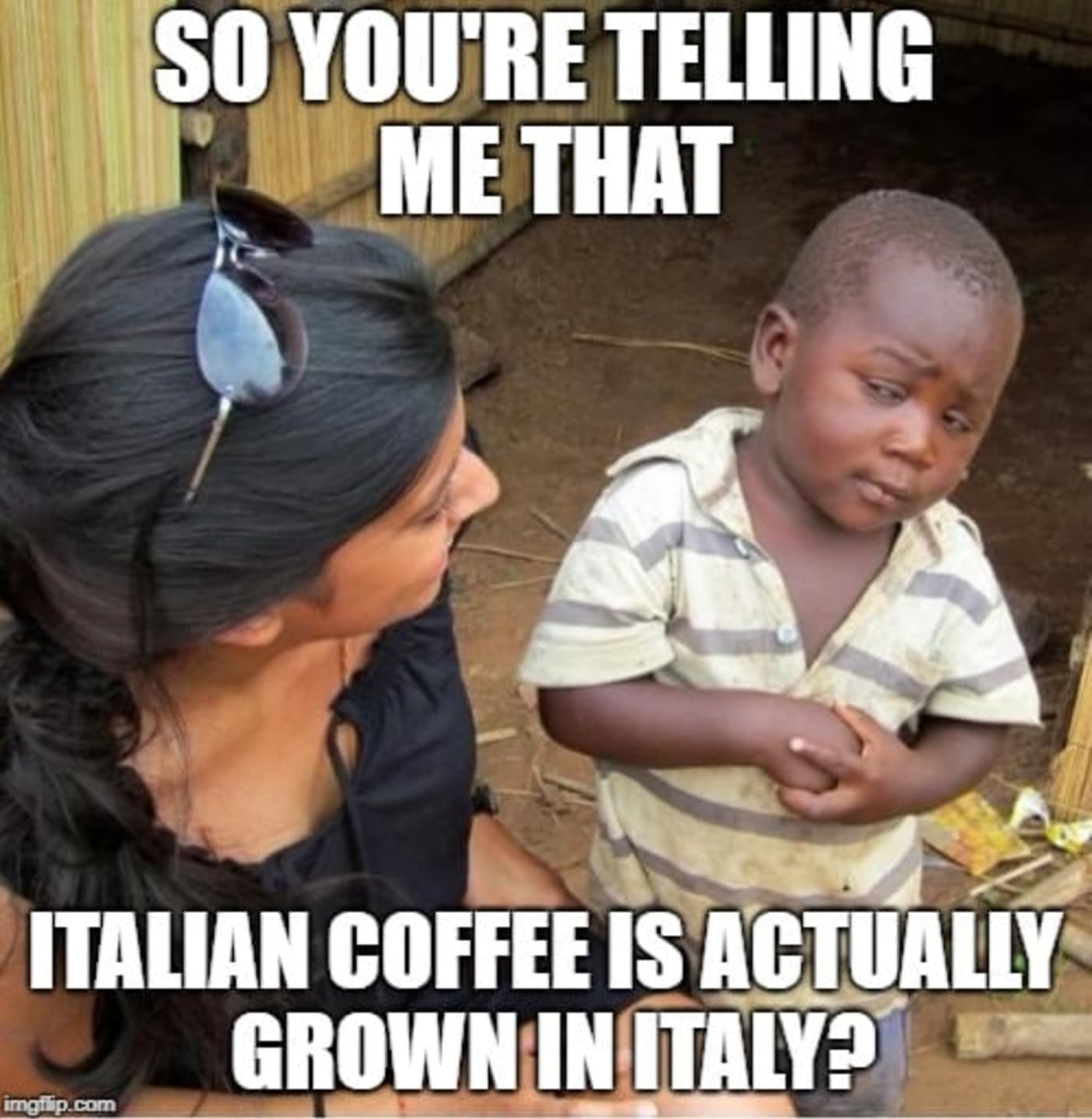Single? Farmgate price? Traceability? FOB? If your passion for specialty coffee is just getting started, it’s very likely you’ve already had encounters with these terms. No fear: many of them can be tricky to understand even if you’re are an industry professional.
Supporting our latest Impact Report FY19/20, we’ve put together this journal entry with some of the most commonly used (and misunderstood) coffee jargon terms. This is specialty coffee version of our previous post Pardon the jargon: what do all those ‘eco’ terms really mean?.

INDEX
- Specialty coffee
- Farmgate price
- FOB Price
- FOB Price: C-Price
- FOB Price: Fairtrade
- EXW Price
- Single origin vs. blend
SPECIALTY COFFEE
A coffee is considered specialty when is Arabica species and its taste score is over SCA 80.
Read more: ‘What is Specialty Coffee’ by the Specialty Coffee Association.
Back to Index.
FARMGATE PRICE
Collins defines it as “the price for the sale of farm produce direct from the producer”. As importer Melbourne Coffee Merchants explains, “this term can be confusing, as [unlike for FOB price] there is no international standard for defining or communicating it, and its definition will depend on different people’s interpretations.”
The coffee productions farms are very different in nature across the different countries. Some produce, pick and process the coffee on site; some only pick and sort it, taking it to a third party processing station; some are family owned, some are cooperatives, some use employees. With so many variations, benchmarking and comparing farmgate prices is complex, and while there is a push to establish more clarity around this value, the global industry is still figuring out how and when to use and share it.
Read more: Cedro Alto’s IG post: How to interpret the farmer price.
Suggested article: Melbourne Coffee Merchants: Why Transparency is important (and difficult) and what we are doing about it
Back to Index.
FOB PRICE
FOB or Free On Board Price paid for the green coffee having been processed, milled, packed in bags and loaded to the exporting boat at the port (not including the cost of the sea journey). Internationally communicated in USD/lb.
Commodity (C market) and Fairtrade prices refer to FOB stages.
Read more: Cedro Alto’s IG post: their FOB definition.
Suggested article: Our journal entry about ‘transparency’ in 2019
Back to Index.
FOB PRICE: C-PRICE
Price of arabica coffee in the commodity market. C-price or (C-market coffee price) is a FOB price (that means that they reflect the same stage and economic nature as the FOB price).
For our report metrics, with the purpose of benchmarking only, we take the highest and lowest prices during that financial year and we average it.
FOB PRICE: FAIRTRADE PRICE
Minimum price of arabica coffee set by the applicable Fairtrade organisation. Fairtrade coffee prices is a FOB price (that means that they reflect the same stage and economic nature as the FOB price).
The Fairtrade prices for coffee and other goods set by Fairtrade International that apply to each Financial Year are found at the FAIRTRADE MINIMUM PRICE AND FAIRTRADE PREMIUM PUBLICLY LISTED TABLES.
EXW Price
The price paid for the green coffee before leaving an importer’s warehouse within the country (Australia for us).
Read more: Caravela Coffee:
FOB vs. EXW - Two Buying/Shipping Methods for Your Green Coffee.
Back to Index.
SINGLE ORIGIN VS BLEND
This is coffee 101, but it’s a fair matter to clarify. A single origin is a coffee from one same lot and producer. It is roasted, packed and sold without mixing with any other beans. In this format, the coffee portrays the innate qualities of the variety, harvesting care and processing method.
A blend is a mix of beans coming from different lots, producers or regions/countries. The purpose is to achieve a certain flavour profile. In our case, we roast the different lots or origins separate to then mix and pack the beans together; we design blends to be had with milk.
Back to Index.
Is there a term that you can’t find here? Something’s not quite right? Do you have additional information or comments? Get in touch!